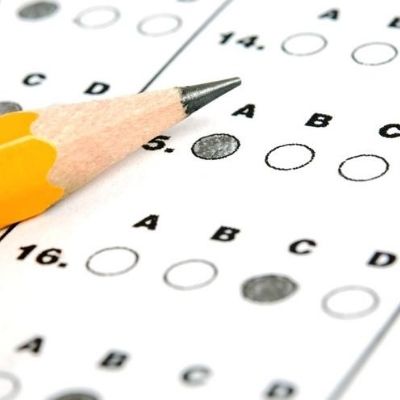Symposium: This symposium will focus on developing research skills to create transformative research, including context-aware experimental designs, engaging community stakeholders as research partners, writing transdisciplinary papers, translating research into policy, and creating curriculum which melds microbes and social equity.
Session: Microbiome research often uses broad categorical factors as proxy factors for complex social or environmental contexts, but these can ignore or obscure underlying trends. This session will unpack proxy terms like race, Western diet, dysbiosis, rural/urban and more, to differentiate what variables we actually want to measure and how to accomplish this in data collection and analysis. This session will also discuss how to communicate microbiome results in relation to broader contexts of lived experiences, rather than attributing results to broad proxy categories.
Speakers:
1. Dr. Elizabeth F.S. Roberts, Ph.D., Professor of Anthropology, University of Michigan, “Making better numbers through bioethnography“
2. Dr. Katherine Maki, Ph.D., Assistant Clinical Investigator, Translational Biobehavioral and Health Disparities Branch, National Institutes of Health Clinical Center; Dr. Kelly K. Jones, Ph.D., RN, Research Fellow, Neighborhoods and Health Lab, Division of Intramural Research, National Institutes of Health; Dr. Nicole M. Farmer, M.D., Principal Investigator, Translational Biobehavioral and Health Disparities Branch, NIH Clinical Center. “Proposal of Neighborhood Socioeconomic Status Based Analysis of Human Microbiome Project”
Dr. Osama Tanous, M.D., Palestinian pediatrician based in Haifa and a board member of Physicians for Human Rights — Israel; Visiting Scientist, FXB Center for Health and Human Rights, Harvard University; Hubert H. Humphrey Fellow of Public Health and Health Policies, Emory University. “From bedside to the journal – understanding bacteria in a settler colonial setting”
12:30–14:15 Introduction and Speakers
14:15–14:30 Break
14:30–16:00 Breakout room discussions based on skills development, in smaller groups:
Deconstructing race as a biological variable
Common pitfalls/challenges to experimental design
Matching clinical work to social contexts.
Bioethnography to generate hypotheses
Planning for variables in microbiome and social research
Combining microbiome and social data analysis
Register here: https://maine.zoom.us/meeting/register/tZEscu6srjosGdTHLr98y3RuCtnt6Z3yAkUQ
Event sponsored by UMaine Institute of Medicine.



